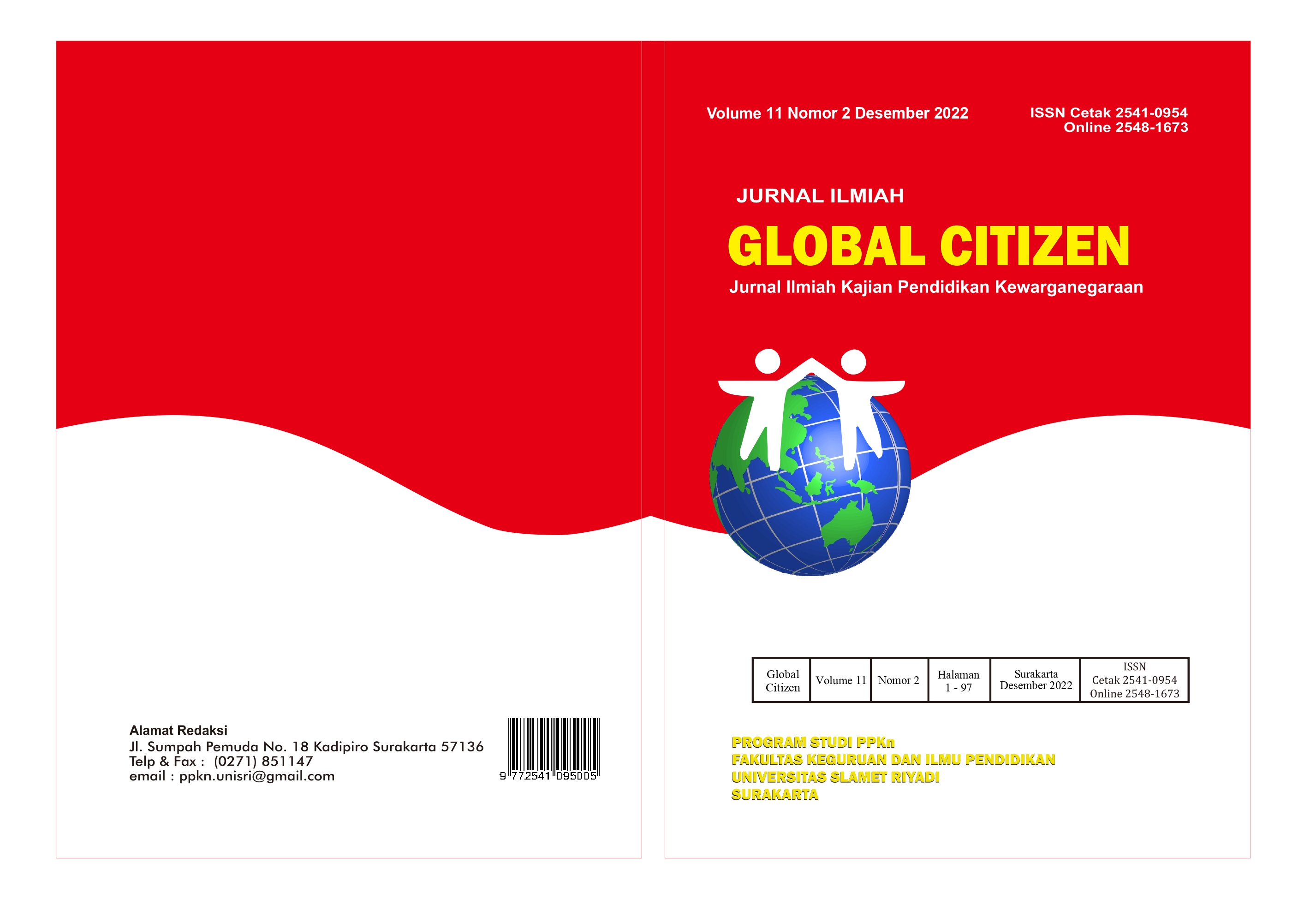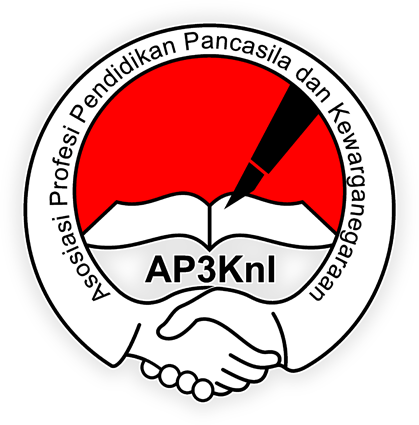ASPEK KEPERDATAAN PERBUATAN MELAWAN HUKUM PADA PERKARA PENCEMARAN NAMA BAIK DALAM ERA PERKEMBANGAN TEKNOLOGI DAN INFORMASI GUNA REFORMULASI PENEGAKAN HUKUM
DOI:
https://doi.org/10.33061/jgz.v11i2.6743Abstract
This article discusses the civilian aspect in defamation cases which is intended to reform law enforcement against defamation cases. This article uses normative research methods and uses a legislative approach. Defamation is indeed an act that violates the law and certainly harms the person whose reputation is tarnished, but with this loss, it is seen that it is possible to resolve this issue can be resolved through a civil law approach with aspects of illegal acts. This is because the application of criminal sanctions is the ultimate medium, and also of course the essence is to look at the resolution of the problem. Reformulation of law enforcement policy in defamation cases leading to civil settlement is of course intended so that the aggrieved person also receives compensation from the perpetrator, and also the perpetrator is obliged to pay compensation, so as not to release the perpetrator of defamation for the act committed, but not in the presence of criminal sanctions law enforcement.

Downloads
Published
How to Cite
Issue
Section
License
Copyright (c) 2022 Itok Dwi Kurniawan, Muhammad Rustamaji, Ismawati Septiningsih, Zakki Adlhiyati, Itok Dwi Kurniawan

This work is licensed under a Creative Commons Attribution-NonCommercial 4.0 International License.
Authors who publish this journal agree to the following terms:
- Authors retain copyright and grant the journal right of first publication with the work simultaneously licensed under a Creative Commons Attribution License that allows others to share the work with an acknowledgement of the work's authorship and initial publication in this journal.
- Authors can separately make additional contractual arrangements for non-exclusive distribution published by the journal (e.g., publish it in a book), with an acknowledgement of its initial publication in this journal.
- Authors are allowed and encouraged to send their work via online (e.g., in the institutional repositories or their website) after published by the journal.















